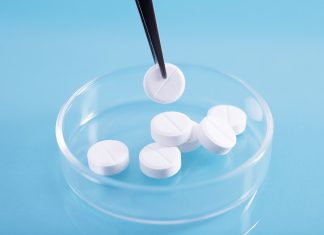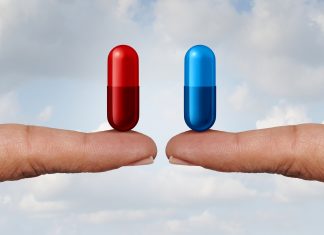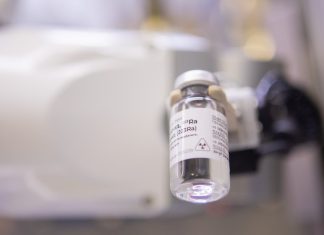Sergey Dankvert, the head of the Rosselkhoznadzor (the Federal Service for Veterinary and Phytosanitary Surveillance), said Russia produces analogues of almost all foreign vaccines against animal diseases. At the same time, there is no task to completely replace imports in this segment.
“In particular, we are strong in the production of autogenic vaccines, which are developed during the spread of the disease and take into account the virus type,” Dankvert told TASS.
As the head of the Service noted, Russia has a tradition of using imported drugs, since they are generally believed to be better.
“This is largely due to extensive advertising campaigns and the work of Western marketers who have been taking our veterinarians on cruises to expensive resorts over the past 10-15 years. After such trips, our doctors began to prefer imported vaccines,” Sergey Dankvert said.
According to him, despite this, the demand for Russian immunobiological drugs has increased significantly in recent years, because the Rosselkhoznadzor and domestic companies have been doing a lot to explain to veterinarians the advantages of domestic drugs over Western ones.
According to Dankvert, it is not always necessary to set the task of one hundred percent import substitution.
“The task is to make our production sufficiently independent of external factors, because they are completely unpredictable. And we will achieve that goal,” the head of the Rosselkhoznadzor summed up.
The Rosselkhoznadzor had previously warned about the possible appearance of falsified Eurican DHPPi2-L vaccine on the market.
In 2021, Russia registered 897 vaccines and 1,260 pharmaceutical products for animals.




